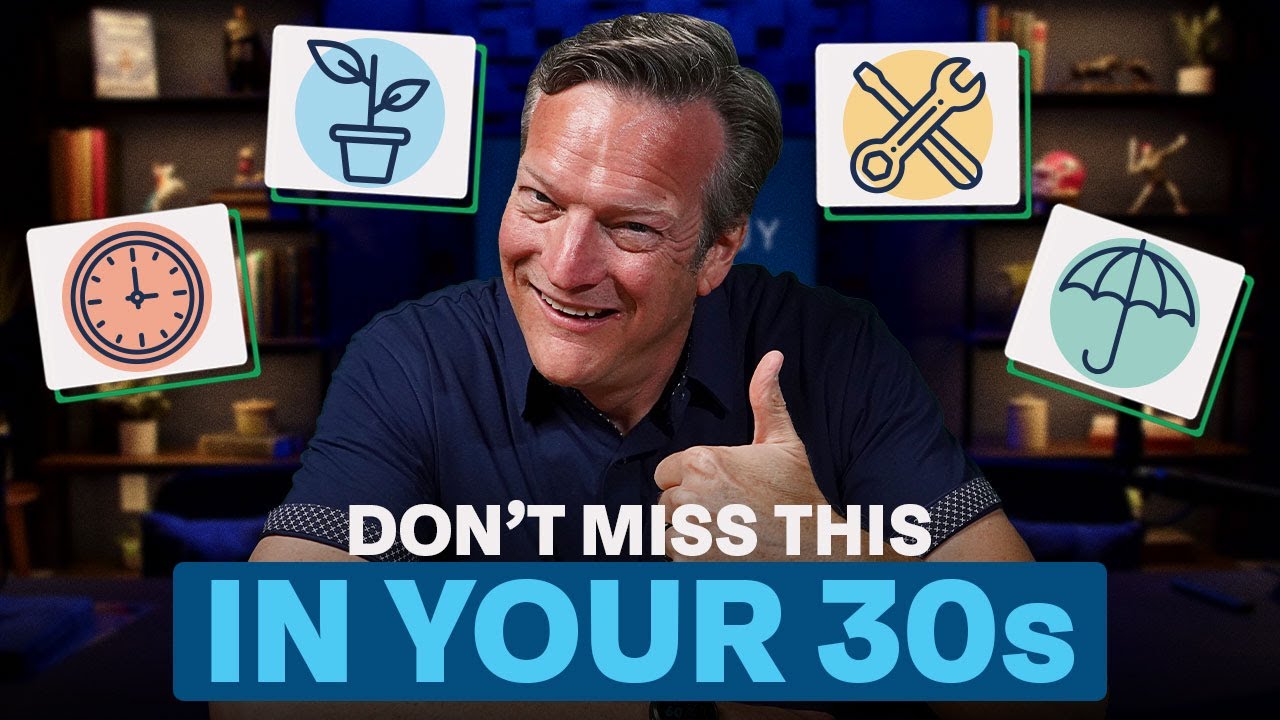Let's move on to Keiko's question. Let's see. Keiko says, "I chose a very conservative/high fee option when I began investing in a 401(k) decades ago. How do I rebalance the portfolio? I've never rebalanced. I'm a low earner and need money to have better gains. So, what do they do in this? Can I tell a story, and then you kind of give the teacher's advice? I love Brown Press's storytime, no?" Okay, Keiko, I was on a school board for seven years in a larger school system in the state of Georgia, and one of the things that horrified me when I entered that school board was when I found out about the retirement plan. So, we all know teachers get great pensions, but they also have these supplemental plans, like 403(b)s. When I got there, I realized this was decades ago, so things have changed, and I think even legislation has changed, but I found out that there were some annuity companies that, on purpose, were convincing the teachers to put their money in very conservative options, like guaranteed stable value funds. The reason was that when the market was making money, these people weren't paying attention and didn't care; they were just in their stable value. But if the market was scary, these people in these stable values would feel great about it. But they were actually walking away from potential gains because they couldn't touch this money until they were 59 and a half anyway. So, it was crazy that this money was stuck in these super conservative investments, but it was good for the person selling it to them. Keiko, I just want to share this story because you're not the only person. I even feel like there's a whole industry where people are pushed into these conservative things out of fear. We're doing a show right now on prep mode where it is a product that is sold, and I promise you, seven of the seven reasons they put in the brochure, three of them are based on the fear of the volatility you're avoiding. So, you're not the only one that's fallen into this trap. There is a better way, though. What's great is that when you rebalance inside of any sort of retirement account, like a 401(k) or IRA, there's no taxation, so it's really easy to trade out your investments inside of your retirement account. So, don't let that be something that causes you not to do it. Now, your second question is, "Man, I've been in this really conservative thing, and I did it decades ago, so I'm behind the eight ball." Often, we see people get behind in their savings, get behind on their goals. I say you know what? I got to go out on the risk spectrum. I got to figure out how do I take more risk to get a bigger rate of return to make up for lost time. Unfortunately, if you have missed out on growth, if you have missed out on being more aggressive in your early years, but aggressiveness does not make sense now, then the place that you have to make up for it is on your savings rate. You need to think about okay, this is where I'm at today, this is where I want to be in the future, what savings rate at an appropriate level of risk will allow me to get there. A really great tool you can use is our
Know Your Number course. If you don't know what that finish line looks like, you need to check out the
Know Your Number course at
learn.moneyguy.com. Figure out okay, where do I need to be to live the lifestyle that I want to live. Rather than figuring out how do I ratchet up my rate of return from 8% to 12%, you figure out how do I ratchet up my savings rate from 20% to 30%. What can I cut back on now to get those dollars working for me? Because one of the - and again, this is an opinion - one of the worst things that you can do is get way too aggressive way too late in life just because you think you have the tolerance for that level of risk. You may not actually have the capacity for that level of risk, meaning you got real aggressive to make up time and then 2008 happened, you got real aggressive to make up time and then 2022 happened. If you're at or near financial independence, retirement, or stepping away from the workforce, you don't want to be in a portfolio that does not match the life circumstance that you're currently in. Desperation makes a great plot for a movie or a TV series, but it doesn't make a great plot for your retirement. So, don't - I mean, make sure you're doing the plan. Don't try to make up all the years by swinging for the fences. Bo is spot on.













